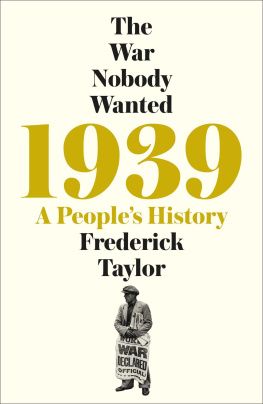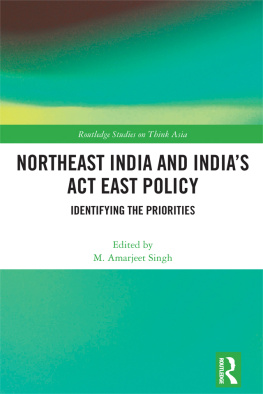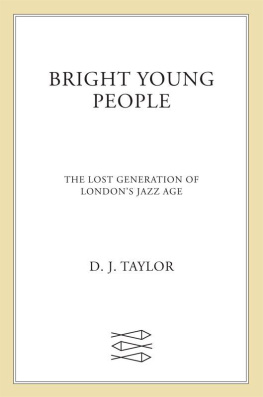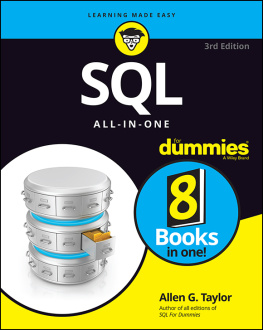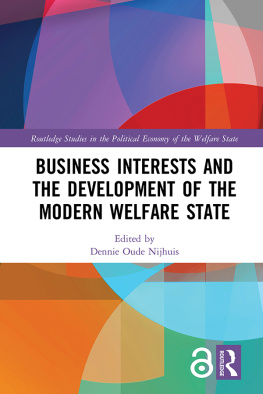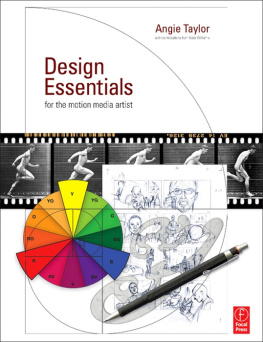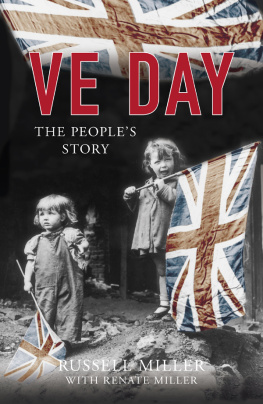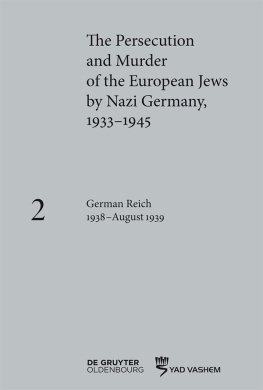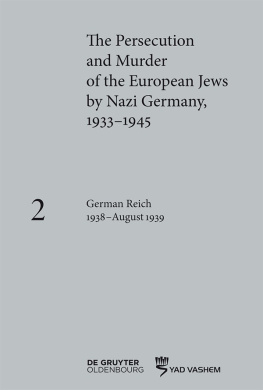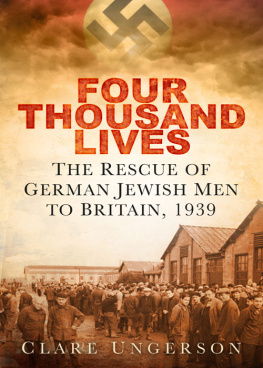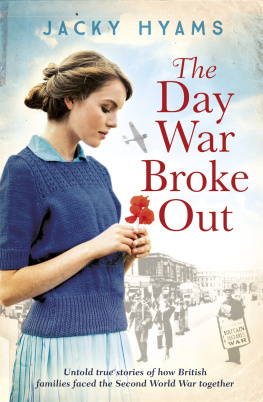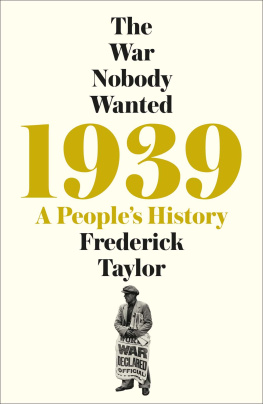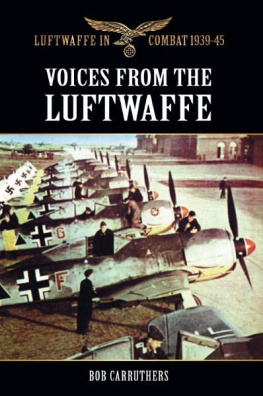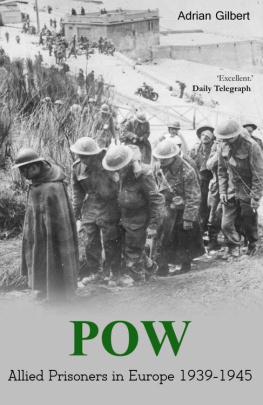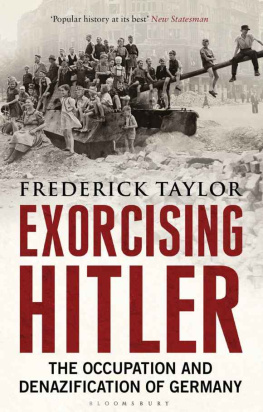About the Author

Frederick Taylor was educatedat Aylesbury Grammar School,and read History and ModernLanguages at Oxford, beforepostgraduate work at SussexUniversity. He edited andtranslated The Goebbels Diaries,19391941 and is the authorof several acclaimed works ofhistory, including Dresden, TheBerlin Wall and Coventry.He lives in Cornwall.
Also by Frederick Taylor
Dresden: Tuesday, 13 February 1945
The Berlin Wall: 13 August 1961 9 November 1989
Exorcising Hitler: The Occupation and Denazification of Germany
The Downfall of Money: Germanys Hyperinflation and the Destruction of the Middle Class
Coventry: Thursday, 14 November 1940
INTRODUCTION
All the systems evolved by human beings for living on this earth were now shown to be either delusory, destructive, sadly outdated or at risk.
Booker Prize-winning British author Penelope Fitzgerald recalls her thoughts as a 22-year-old at Christmas time 1938.
I tremble for my happiness, the future of my fatherland, for life, freedom, health and work I am fearful of all those things in these minutes.
Erich Ebermayer, successful Nazi-era scriptwriter and playwright, confesses his true thoughts to his diary during the final moments of 1938.
In the crucial year between the autumn of 1938 and the autumn of 1939, the nations of Europe slid from the promise of peace into the horror of total war. This books title, The War Nobody Wanted, reflects the fact that, when this happened, there was no mass outbreak of enthusiasm for war as there had been a quarter of a century earlier, in 1914. Moreover, Hitler had hoped initially to limit the conflict. So perhaps even he did not want the war that he got.
There is, of course, another issue here. While few in Britain or Germany wanted a war, it is a historical fact that the mass of the people in both countries eventually tolerated one, and participated, if not with enthusiasm, then with a grim determination. This is especially true of the journey undertaken by the mass of the public in Germany, which had been deeply reluctant go to war in September 1938 over the Sudetenland, but a little less than a year later allowed itself to be persuaded that conflict with Poland was legitimate and necessary. The propaganda campaign undertaken by the Nazi regime to this end provides a near-perfect example of how, when a government exercises total control of information, an entire nation can be bent to its will.
*
How did all this happen? The broad diplomatic and political events of 19389, and the roles of the elites involved, have been described and analysed many times since. But what did it feel like, as an ordinary person in Britain or Germany, to be living through this time of tension, fear, uncertainty, and ultimately catastrophe? What was occurring day by day far away from the diplomatic drawing rooms and the conferences and the cabinet meetings? To gain a deeper insight into this under-reported aspect was my main motivation for researching and writing this book.
In my research on the bombing of Dresden, the building of the Berlin Wall, the air raid on Coventry books dealing with crises in human affairs I have tried to take a fresh, ground-up view of such great and terrible events. TheWar NobodyWanted is in that tradition. Yet in building up a vivid, humanly graspable picture of lives that were lived over that fateful year, I have had to hunt more avidly and more widely than ever for sources that enable such an approach to the past.
Historians working now, eighty years after the events described, are acting at the limit of human memory. When I first began to write this kind of history, almost twenty years ago, people who as adults had taken part in, or been eyewitnesses to, the Second World War were relatively plentiful; now, most surviving eyewitnesses were children at the time I am writing about. This fact affects the lens through which their memories are viewed. I did indeed interview a substantial number of people in their nineties in Britain and in Germany, the oldest of whom was ninety-six. There was nothing wrong with their ability to remember, or to describe what they recalled, but the memories were those of children, unaware of or protected from the greater, more frightening events occurring outside the home. All were fascinating and often delightful partners for conversation, but in most cases their views were limited. In particular, one of the things that I instinctively suspected but found clearly confirmed by these encounters was that peace, however desirable, is altogether less memorable than war; it is monaural rather than stereo, black and white rather than colour, at least as far as ease of recollection is concerned. A child does not remember the news of the Munich conference, but children recall the experience of a bombing raid. There are, of course, dramatic exceptions to this rule, as readers will see from this book, and those exceptions justify all the extra effort.
Fortunately, there turned out be no shortage of other sources that bear witness to the everyday experiences of life just before the Second World War. In Britain, there is the Mass Observation Archive, with its precious diary material supplied by hundreds of ordinary civilians of differing ages and classes, some of it directly related to the great crises of the day, much of it not, but yet equally valuable and informative for this books purposes. There is a host of diaries, memoirs and newspapers (particularly popular newspapers such as the Daily Mirror and the Daily Express) that all provide lively and often surprisingly unmediated insights into the everyday lives, fears, hopes and prejudices of the British population during the year covered by this book. The press also contains fascinating and quirky, sometimes unsettling, detail that has been lost in the great sweep of historical narrative but proves, if one is prepared to put in the necessary hours of searching newspapers inside pages, recoverable. There is also the astonishing trove of audio interview recordings available at the Imperial War Museum, London, and online, much of it taped twenty or thirty or more years ago. And there is a mass of published diaries and memoirs.
In Germany, there was no equivalent of Mass Observation unless one is allowed to count the apparatus of the Nazi police state, which reported on citizens opinions, complaints and fears, as well as goings-on in the Reichs small towns and great cities alike, and was often surprisingly willing to admit the uncomfortable aspects of those goings-on. The SS Security Service, the Gestapo and the local Party organizations all collected reports on public opinion; I have dipped into some direct archive material and also drawn on published collections of such documents. The German press of the time, although of course thoroughly controlled by the regime, also reveals a surprising amount sometimes inadvertently about the anxieties that preoccupied both the average citizen of the Third Reich and the men (I can safely say that, because Nazi rule was exclusively male) who dictated what their fellow Germans heard and read and were expected to think. A months issues of a German newspaper from the Baltic coast city of Stettin, for instance, centring on the horrors of the November 1938 anti-Jewish pogrom that is familiar even to English-speaking readers by its German name, Kristallnacht the night of broken glass shows more intensely and terrifyingly, because it is so localized and specific, how such events affect a seemingly average, workaday place; one, moreover, that is scarcely mentioned in most history books of the time. It is all too clear that the destruction of Stettins synagogue, first by fire and then by dynamite, occurred while the citys life went on around it, with its bustling restaurants, shops, bars and nightclubs, its theatres and newly built cinema complexes, chillingly similar to their twenty-first-century equivalents. I also gained access to diaries and memoirs from the period, which are held by the remarkable Deutsches Tagebucharchiv (German Diary Archive) in Emmendingen, near Freiburg in south-west Germany. Most of these are evidence of the extent to which, no matter how much they desired peace, ordinary people accepted and lived with in some cases passionately embraced the Nazi regime and its everyday demands. Other published diaries and memoirs, especially those of Ruth Andreas-Friedrich and Erich Ebermayer, also provide precious insights into the private worlds that somehow survived within a monolithic totalitarian structure.
Next page
